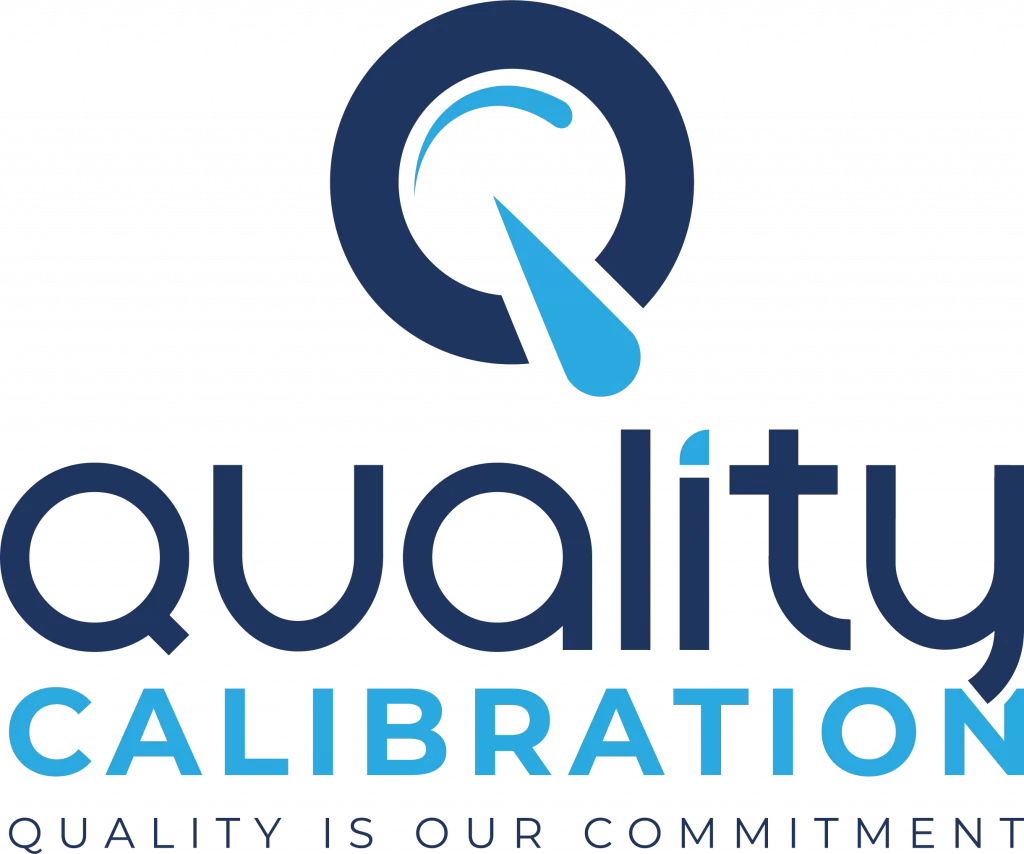In the world of calibration, precision is paramount. Accreditation is the gold standard that assures both businesses and consumers that a calibration laboratory operates at the highest level of accuracy and reliability. In this article, we’ll delve into the essential calibration laboratory accreditation requirements, shedding light on why they matter and how they can benefit you.
Understanding the Significance of Accreditation
Calibration Laboratory Accreditation: A Mark of Excellence
Calibration laboratory accreditation is not just a badge; it’s a testament to a laboratory’s commitment to excellence. Accreditation bodies evaluate laboratories against rigorous standards, ensuring that they meet the highest quality and competence levels. This recognition not only instills confidence in the laboratory’s capabilities but also enhances its market reputation.
The Key Requirements for Accreditation
1. Competent Personnel
A Skilled Team: The Heart of Calibration
Accreditation necessitates that a laboratory employs skilled personnel who possess the expertise required for accurate calibration. Trained professionals are the backbone of precision measurement.
2. Appropriate Equipment
State-of-the-Art Tools: Essential for Precision
Accurate calibration demands cutting-edge equipment. Laboratories must invest in and maintain the most advanced instruments to ensure precision in their measurements.
3. Rigorous Processes
Methodical Calibration Protocols: Ensuring Consistency
Accredited laboratories follow rigorous calibration procedures, leaving no room for errors. These processes are documented and standardized to guarantee consistency.
4. Traceability
Back to the Source: Ensuring Accuracy
Every measurement in an accredited laboratory must be traceable back to a recognized standard, ensuring the highest level of accuracy and reliability.
5. Quality Management System (QMS)
Operational Excellence: Continuous Improvement
A robust QMS is at the core of laboratory accreditation. It includes meticulous record-keeping, regular audits, and a commitment to continual improvement.
6. Validated Test Methods
Proven Accuracy: Methodological Precision
Test methods must be validated to confirm their accuracy and reliability. Accreditation bodies scrutinize these methods to ensure they meet stringent criteria.
Why Should You Care About Accreditation?
Calibration laboratory accreditation isn’t just about fulfilling regulatory requirements; it offers a myriad of benefits:
1. Confidence in Results
Accreditation assures clients and customers that the laboratory’s results are accurate, consistent, and trustworthy.
2. Compliance with Standards
Accredited laboratories comply with international standards, ensuring their services are recognized worldwide.
3. Reduced Risk
With accredited calibration, the risk of errors and inaccuracies is significantly reduced, protecting your investments and reputation.
4. Competitive Advantage
For businesses, accreditation provides a competitive edge by demonstrating commitment to quality and precision.
5. Customer Trust
Accreditation fosters trust among customers and partners, leading to stronger relationships and business growth.
Button Line
Calibration laboratory accreditation requirements are more than just a checklist; they’re the pathway to excellence. By adhering to these standards, laboratories not only elevate their own capabilities but also offer invaluable trust to those who rely on their services. When precision matters, accreditation is the mark of distinction.

Md. Hasan Ibrahim is a Technical Manager at Quality Calibration with extensive experience in the calibration sector since 2015. Holding a Bachelor of Science degree in Mechanical Engineering from Khulna University of Engineering & Technology (KUET), he has received training from various national and international organizations including CSIR-CMERI, QSI, BAB, NML-BSTI, memmert, and X-rite. With expertise in ISO/IEC 17025 assessment, method validation, metrological traceability, and uncertainty, he has successfully completed numerous calibration projects across diverse industries such as pharmaceuticals, food & beverage, oil & gas, textiles & garments, power plants, batteries, chemicals, hospitals & healthcare, and private universities.


